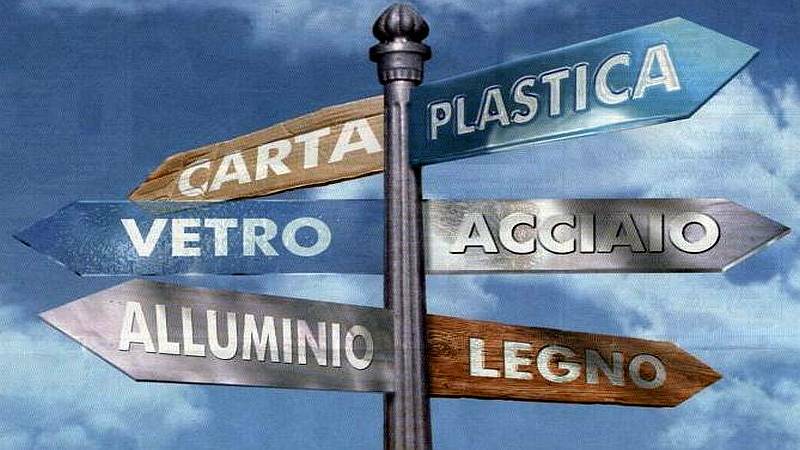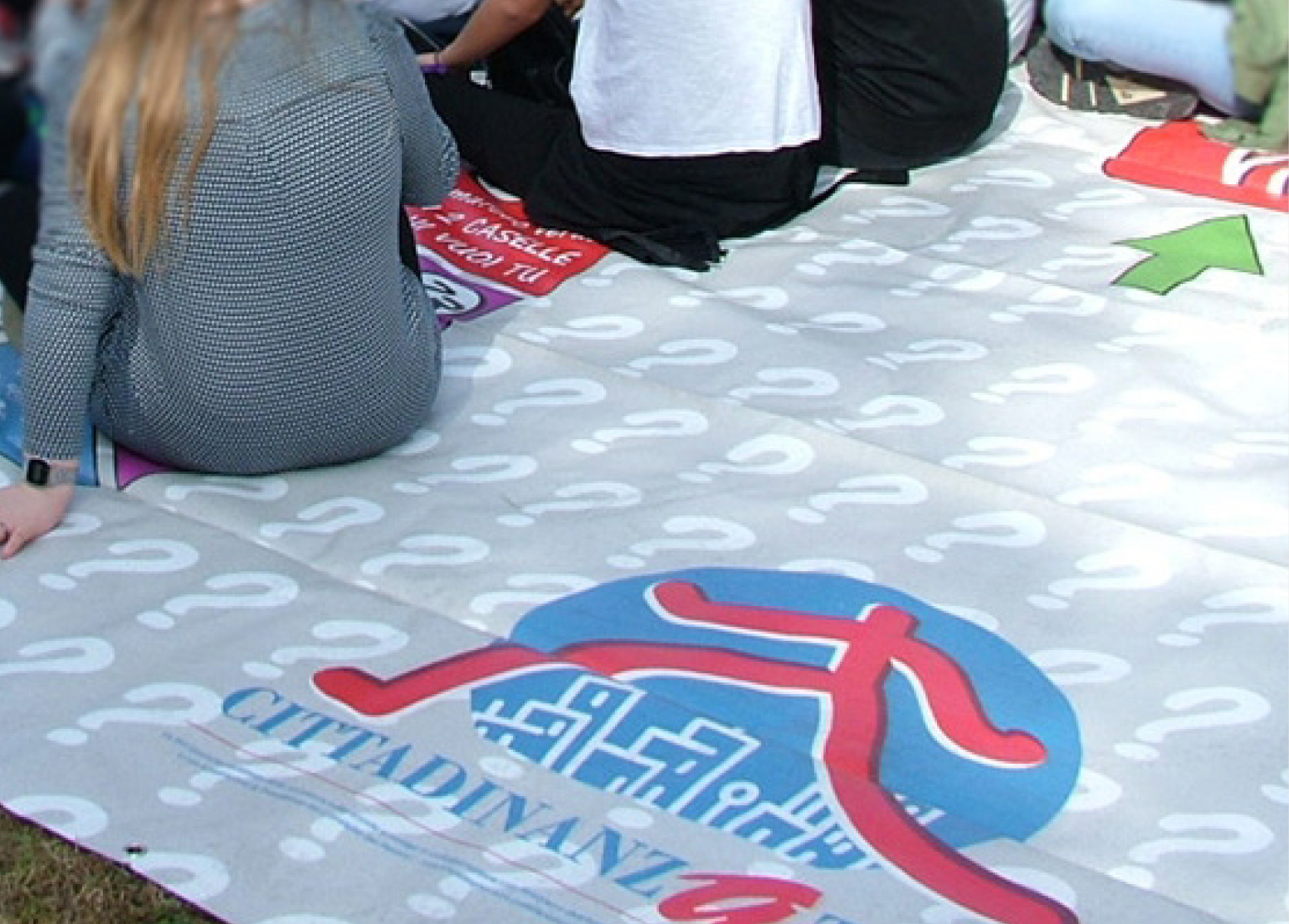
In the annual report on costs and rates on waste services produced by the Observatory prices and tariffs of Cittadinanzattiva, there are increases in prices but the service does not improve.
Waste management brings back the ancestral paradoxes of the Italian reality: the fees paid by the tax payers are rising while the service remains the same. Cittadinanzattiva has drafted for the seventh consecutive year a civic survey on the costs incurred by the citizens for the disposal of waste during the last year. It has taken as a reference a typical family of three people, with a yearly gross income of €44,200 and living in a house of 100 square meters. The analysis reveals a worrisome picture.
In particular, Italian families have paid €290 in a year, compared to 2013, which increased by 3.6%, instead compared to 2012 the increase was 16%.
Breaking down the data by geographical area, it can be seen that major expenses are in the South of Italy (€333), where the increase compared to 2013 was 5% and 24% compared to 2012; following are the the central regions (€292) with an increase of 6.2% compared to 2013 and 18% compared to 2012, and finally the northern areas (€ 252) with a 1.6% compared to 2013 and 7.7% compared to 2012.
Italian consumers still continue to suffer a mismanagement of services, the lack of adequate safeguards and especially a lack of improvement in the quality of the service. Cittadinanzattiva has been demanding since 5 years, the involvement of users in the evaluation of the service and the involvement of the government in an extremely complex cultural process, which can only be achieved by the participation of the different stakeholders, such as citizens, companies and institutions.
Cittadinanzattiva, with the involvement to the campaign “Zero Waste”and the promotion of alliances with institutions and associations, will continue to work to ensure that the desired change happens quickly through the responsibility of the individual citizen and institutions, by applying the following principle recommended by the OECD: “who pollutes more, pays more”.
Download the Dossier (IT version)










